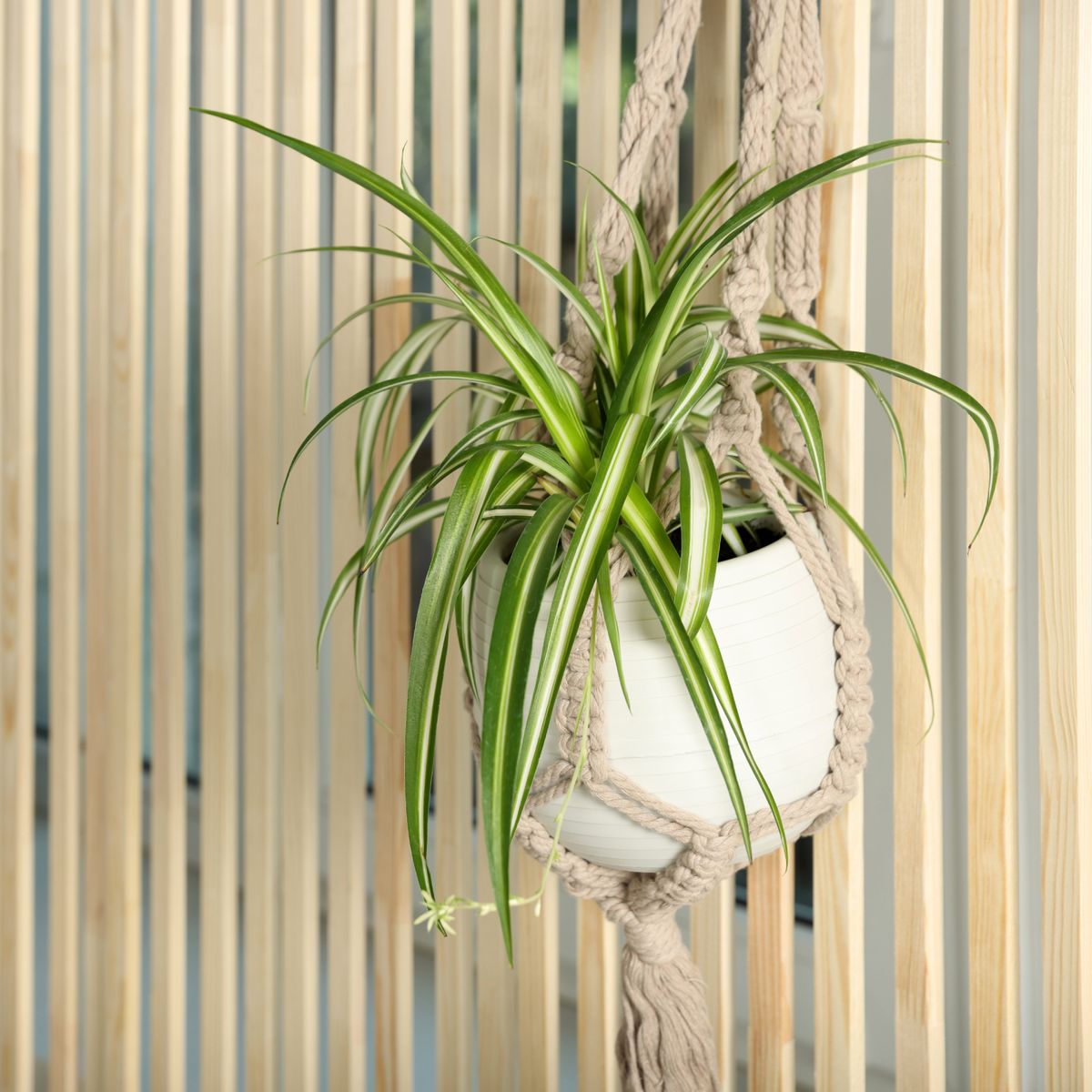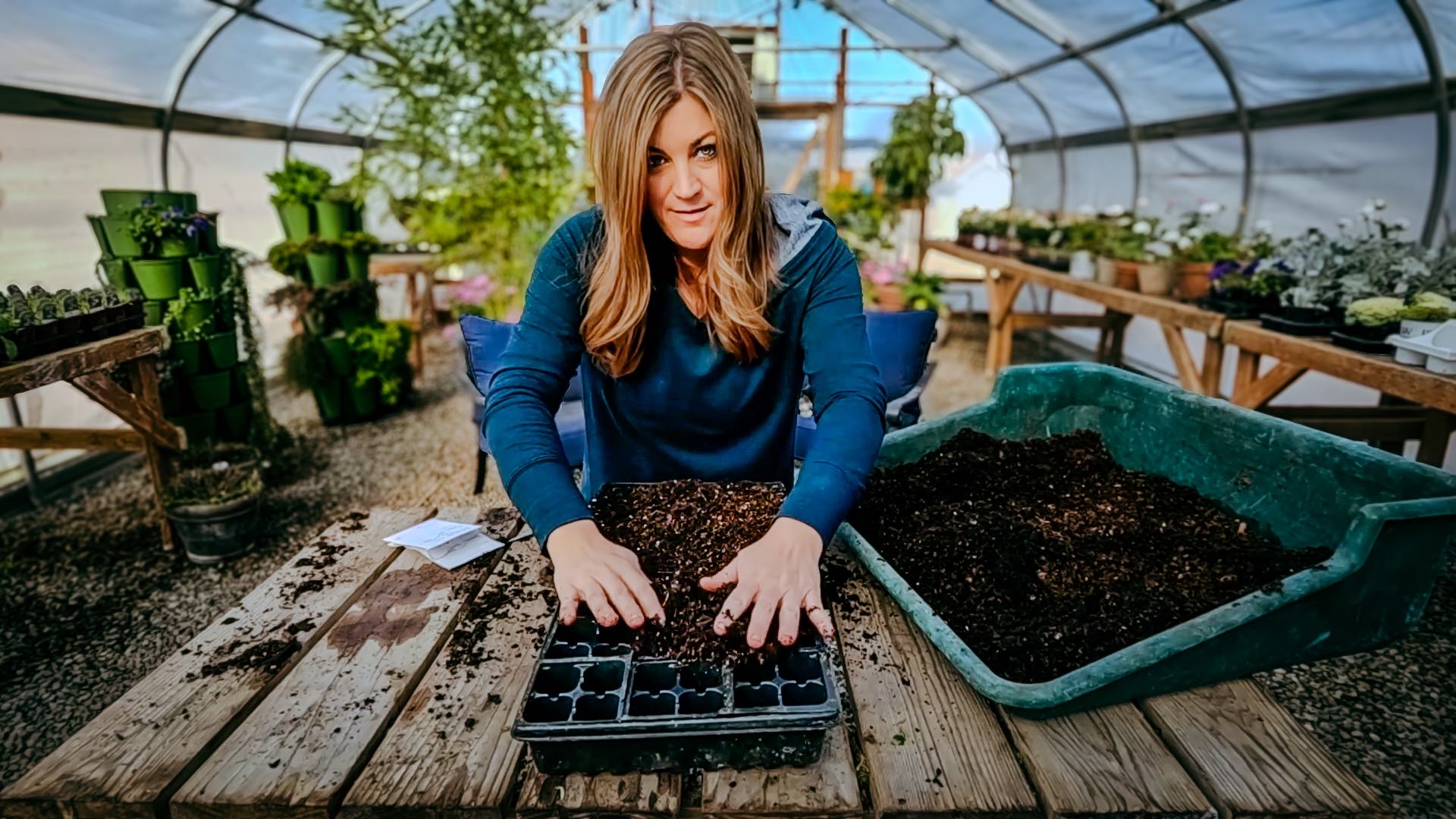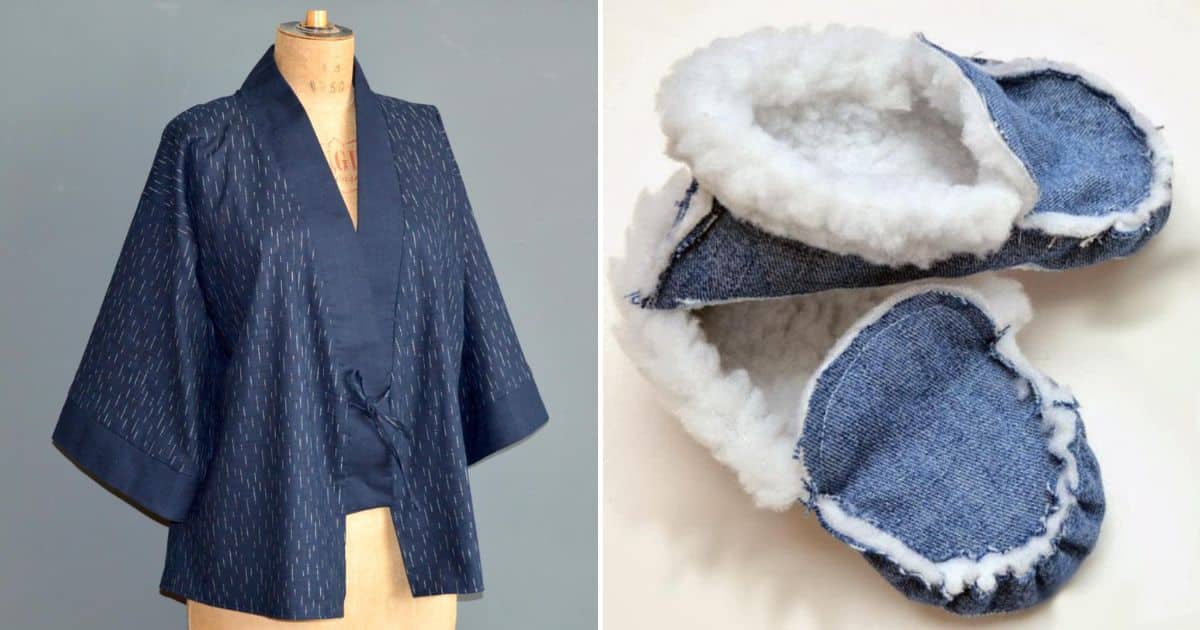[ad_1]

Last Updated on March 17, 2024 by Kimberly Crawford
Wall tile outside of the shower may not always be considered in a bathroom design. Tiling the walls, however, can help create a unique and space enhancing effect.
Using wall tile creatively can make a big difference in the look of a bathroom design. From powder rooms to master bathroom suites, wall tile designs can enhance any look.
Related: Best material for shower walls
Tile to the Ceiling
While traditional bathroom designs typically have the tile stopping at wainscot height, bringing the wall tile to the ceiling can make for a dramatic effect. When the tile stops midway up the wall, it can break the room vertically in two.
For low ceilings, or small bathrooms, this can have the effect of making the room look even smaller. Drawing the wall tile all the way up can visually enlarge the room, while giving a larger area for design.
Try using two or three colors on the bathroom walls, with the darkest color at the bottom, a lighter tile on top, and an accent color placed near the baseboard, through the center, and again at the ceiling.
This will draw the eye both up, and around the room, making the space appear larger, while incorporating color into the design. If there is a shower in the bathroom, have the tile continue right into it at the same levels without a break.
Create an Accent Wall
For powder rooms, or bathrooms with the shower in another area, consider using an accent wall behind the vanity. Bring the tile on that wall all the way up to the ceiling, framing the mirror or medicine cabinet. Consider using glass tiles, or mosaic tiles, with a chairrail as a frame around the mirror, separating it from the rest of the design.
To visually lengthen the space, consider taking rods of glass, or thick pencil tiles of glass, or polished stone, and using them to tile the wall vertically, as if the wall was made of bamboo.
Offset the joints in a random pattern, and use different lengths of molding. This will draw the eye upward, and can create a Zen, or spa, feel in a small space. Complete the look with a vessel sink, on a console table to make the most of the design.
Create Waves and Patterns
Using mosaic tiles, try creating waves, starbursts and other patterns on the walls. This works especially well for large bathrooms that have plenty of open wall space.
Begin by tiling the first few feet up from the floor in solid sheets of mosaic. Then, cut the sheets so that they begin to undulate on the wall, changing the color of the tile from dark to light and back to dark again as the tile goes up the wall.
The mosaics can spike upward in starburst patterns, or gently roll across the wall creating waves. Have the top of the waves come up just above the countertop on a vanity for a backsplash, and continue rolling through the shower.
Use Traditional Tiles in Non-Traditional Ways
Take a traditional tile shape, such as a subway tile, and try using it in different patterns. Stack the tiles horizontally or vertically, rather than laying them in a traditional running bond. Half way up the wall, run a border, and switch the pattern.
Try stacking them horizontally to the midpoint, and switching to a vertical pattern above. Or use them stacked at the bottom, and in a herringbone pattern above. This also works well in a two toned look, with a deeper color at the bottom of the wall, and a lighter color above the border to the ceiling.
Creating a unique or different tile design on the walls can go a long way toward making a truly special bathroom design. Be sure to pick up elements or colors from the floor to tie the look together, and consider using console or open leg system vanities and sinks to show off the wall tile to best affect.
Take the size of the space in mind, and create looks that move vertically or horizontally accordingly. Just bringing the wall tile outside of the shower can have a big impact on the space. Start using wall tile creatively, and begin enjoying a whole new bathroom today.

1. Orange Wall


Source
2. Moroccan fish scales wall


Source
3. Flower wall


homebook, muratordom, and hoylowcost
4. Diamond wall


Source
5. Wood wall


6. Vintage wall


7. Hexagon wall


Source
[ad_2]
Source link








 + Planting String of Watermelon Succulents
+ Planting String of Watermelon Succulents  with Garden Answer
with Garden Answer


